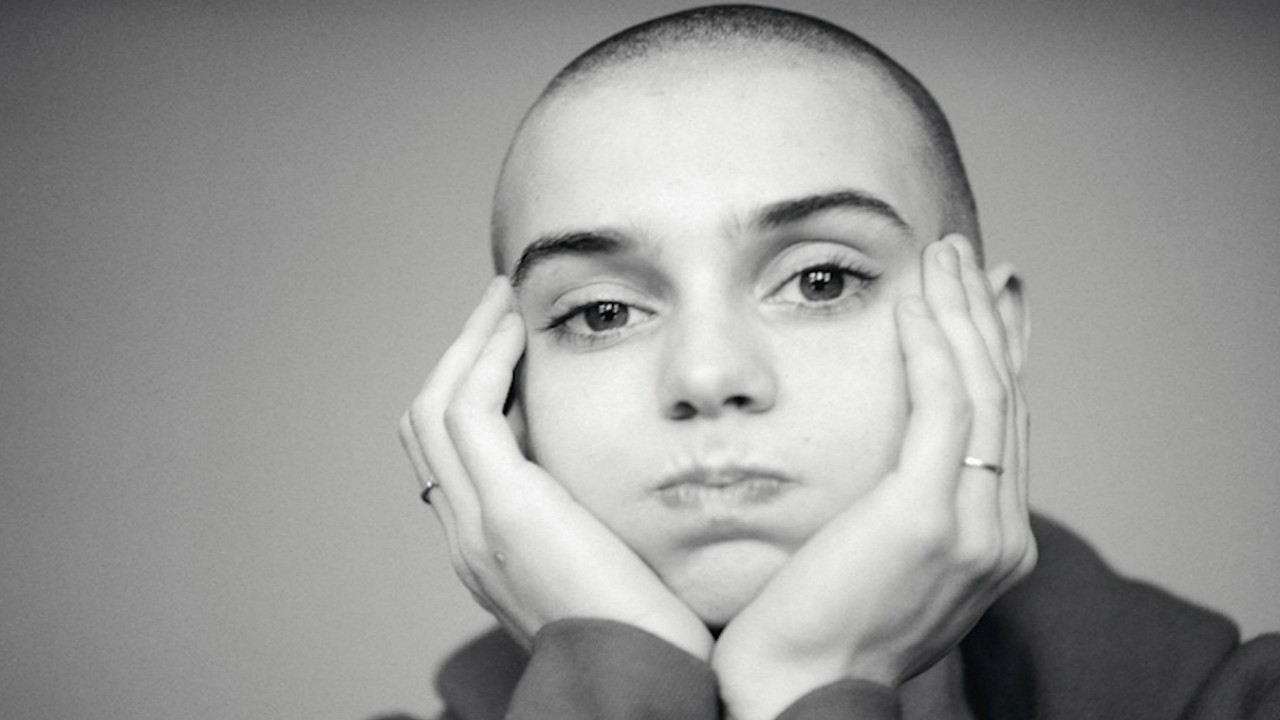
Obituary – Sinead O’Connor
Music Industry News is sad to report the death of Irish musician Sinead O’Connor at the age of fifty-six.
Born in Dublin in December 1966, Sinead O’Connor had a difficult childhood, which eventually led to her being placed in the Gianan Training Centre at the age of fifteen. The Centre was a correctional facility, and while she was there, O’Connor was encouraged by one of the nuns to take up acoustic guitar lessons, which led on to her life and career as a musician.
O’Connor courted controversy from the outset, beginning with naming her first band Tonton Macoute, named after the vicious paramilitary organisation and secret police force formed in the late 1950’s by Haitian dictator Francois ‘Papa Doc’ Duvalier.
Her first album, The Lion And The Cobra was released in 1987 and was a worldwide success, but it was her second album I Do Not Want What I Haven’t Got that saw her rise to international stardom, mainly thanks to its lead single, the Prince-penned Nothing Compares 2U, together with its famously stark close-up video of O’Connor delivering the song. The single tear she shed during the video was caused, she advised later, by thinking of her mother, even though in interviews, O’Connor made no secret of claims of physical and sexual abuse from her mother in her childhood. The single was names as the Number One World Single in 1990 by the Billboard Music Awards, and the album sold more than seven million copies worldwide.
In 1990, O’Connor caused outrage in the U.S. during her tour, when she announced that she would refuse to perform if the National Anthem was played before her concert. Further controversy followed when O’Connor received four Grammy Award nominations, but withdrew her name from the contest.
O’Connor’s biggest and most memorable act of controversy occurred when she appeared on the late-night Saturday Night Live TV show singing Bob Marley’s War, which she targeted towards child abuse within the Catholic Church. Although she had used a photograph of a refugee child in the rehearsal, during the live broadcast, she held up a picture of Pope John Paul II, saying “Fight the real enemy …” before tearing up the photograph and throwing the pieces at the camera.
Sinead O’Connor was married four times, and had four children. The relationships with all her partners were characterised with friction, and O’Connor was always frank and open about her own severe mental health issues. She was diagnosed as bi-polar, and suffering from a borderline personality disorder.
It’s true that Sinead O’Connor’s life and career were directly affected by her committed positions on matters of female and child abuse, her political views – she was a lifelong supporter of a United Ireland, and her religious attitudes. After a lifetime of vociferous criticism of the Catholic church, she became an ordained priest in the Irish Orthodox Catholic and Apostolic Church, a branch of the church not aligned to the mainstream Catholic church. In 2018, O’Connor converted to Islam, changing her name to Shuhada’ Davitt, and wearing the Islamic hijab.
But it is important that a life of controversy, conducted largely through the willing and complicit media, should not overshadow Sinead O’Connor’s worth and achievements as a musician. O’Connor enjoyed, if sadly largely eclipsed by her religious and political views, a complex and varied musical career that showed her constant attraction to diversity, even at the expense of commercial success.
In 1992, she contributed backing vocals and shared vocals on Peter Gabriel’s Us album, joining Gabriel on tour, and a possible romantic connection.
In 1995, she joined the eclectic touring Lollapalooza festival, but was forced to drop out when she became pregnant.

O’Connor’s 2000 album Faith and Courage included contributions from The Fugees’ Wyclef Jean, and Eurythmics’ Dave Stewart, demonstrating the respect afforded to her, as a musician of value.
Further diversity was found in O’Connor’s musical output when in 2003, she contributed to the Dolly Parton tribute album Just Because I’m A Woman, as well as contributing to three songs on Massive Attack’s 100th Window album.
In 2021, Sinead O’Connor announced her immediate retirement from music. Her final album No Veteran Dies Alone was to be released in 2022 without either promotion, or a tour to support it. A few days later, O’Connor retracted her news of retirement, and confirmed that her 2022 tour would go ahead.
On 7 January 2022, O’Connor’s son Shane committed suicide at the age of seventeen. The tour was postponed, and the album release was halted indefinitely.
Sinead O’Connor’s final recorded work is a version of The Skye Boat Song for the soundtrack of opening episodes in the seventh series of the Outlander science fiction series, it was released in February this year.
At the time of writing, no cause of death has been advised for Sinead O’Connor.
Music Industry News offers sincere condolences to her family, friends, and colleagues.
ANDY HUGHES.
The post Obituary – Sinead O’Connor first appeared on Music Instrument News.
The post Obituary – Sinead O’Connor appeared first on Music Instrument News.
Source: musicinstrumentnews.co.uk











